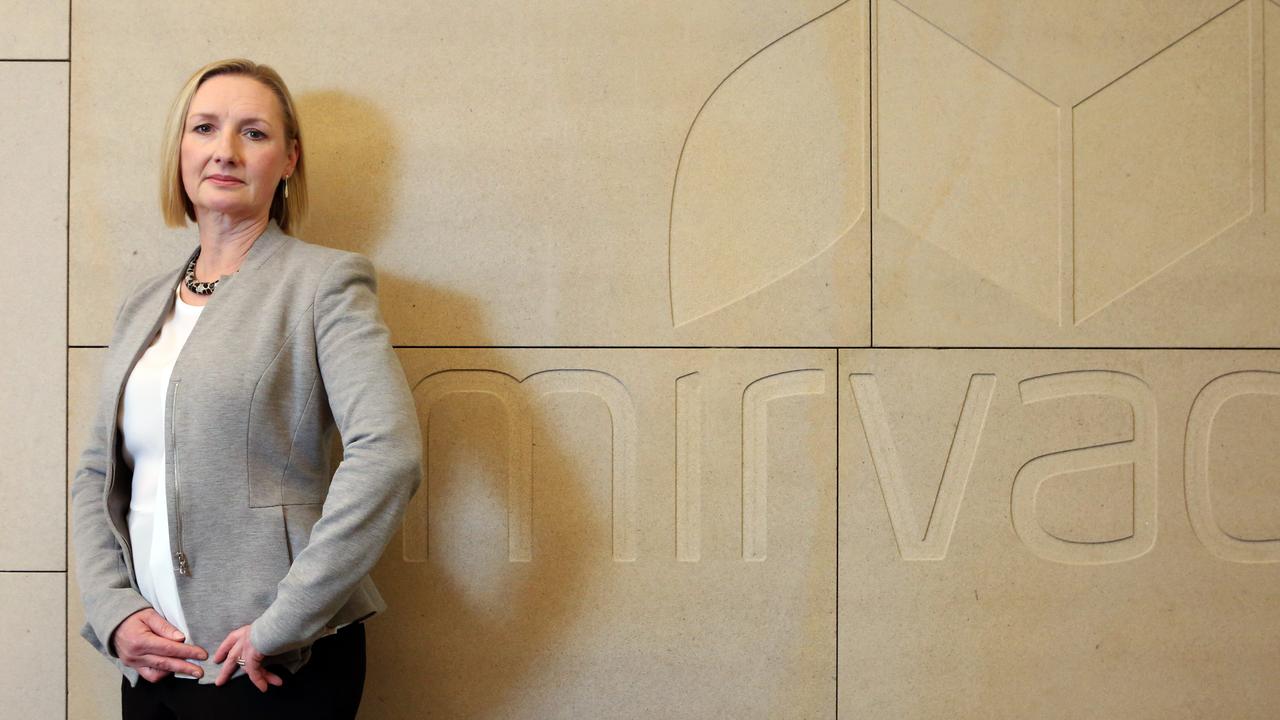Working from home a boost to mental health
Employers are being urged not to force staff back into the office too soon, as new research shows the mental health benefits of working remotely.

Employers are being urged not to force staff back into the office too soon, as new research shows the mental health benefits of working remotely.
While the mental health of workers across the nation rose overall last year, finance and insurance employees, in particular, saw the biggest improvement, according to Australia’s largest workplace mental health study.
Despite these workers coming under unprecedented pressure from people scrambling for loan deferrals and snatching billions from their super savings, the sense of a shared purpose in providing assistance to those in need boosted their mental health, the report Indicators of a Thriving Workplace, Spotlight on the Financial and Insurance Industry 2020 found.
As many workers approach the 12-month anniversary of working from home, Margo Lydon, the CEO of workplace mental health organisation SuperFriend, which commissioned the study, said businesses should not pressure workers to return to the office too soon, with clear evidence that remote working had improved connectedness and mental health.
“People who work in financial services are attracted to that industry for a whole range of reasons, but one of them is most definitely their willingness and desire to make a difference in people’s lives,” Ms Lydon said.
“And I certainly believe that through the last 12 months or so, financial services staff, whether it be banking or insurance, workers in this industry have made a difference in people’s lives during a really challenging year.”
The pandemic and resulting shift to remote working had brought business leaders and their staff closer, she said.
“Leaders across organisations in the financial services have been visible to their workers and really listening to their workers. And we’ve had this level playing field of seeing the chief executive operate from the lounge room, with the kids or their dog, and those sort of contributing factors have certainly helped,” she said.
The majority of workers surveyed from the finance industry favoured a hybrid model in the long-term — part of the time from home and the rest of the time in the office. Ms Lydon said that was the most sustainable option.
“But it is something that both businesses and individuals will need to navigate. The very last thing that we want to create is the in-office team and the remote team,” she said.
“Most businesses pivoted overnight to working remotely, but we‘ve got to recognise that the way back into the office is going to be longer path; it’s not going to happen overnight.”
Employers would need to take the time to understand how people felt about going back to the office, whether they felt safe, both from a mental and physical health perspective, she said.
Like many others, the nation’s largest super fund, AustralianSuper, is pursuing a more flexible approach to the working week.
Group executive for membership, Rose Kerlin, said the days of full-time office work were gone.
“We won’t go back to expecting people to be in the office five days a week. So flexibility around what works for a business’s needs and how they can seek better balance around family, work, and family integration and lives outside of work, I think is an absolute priority,” she said.
AustralianSuper members withdrew $5bn from super during the early access scheme last year, with 97 per cent paid out in five days.
“We had people calling us in such distress. When you hear a member’s story, like a mum, that was saying she was about to be evicted, and she’d have to sleep in a car with two kids, those stories got told throughout the organisation, and everyone just rallied behind it,” Ms Kerlin said.







To join the conversation, please log in. Don't have an account? Register
Join the conversation, you are commenting as Logout